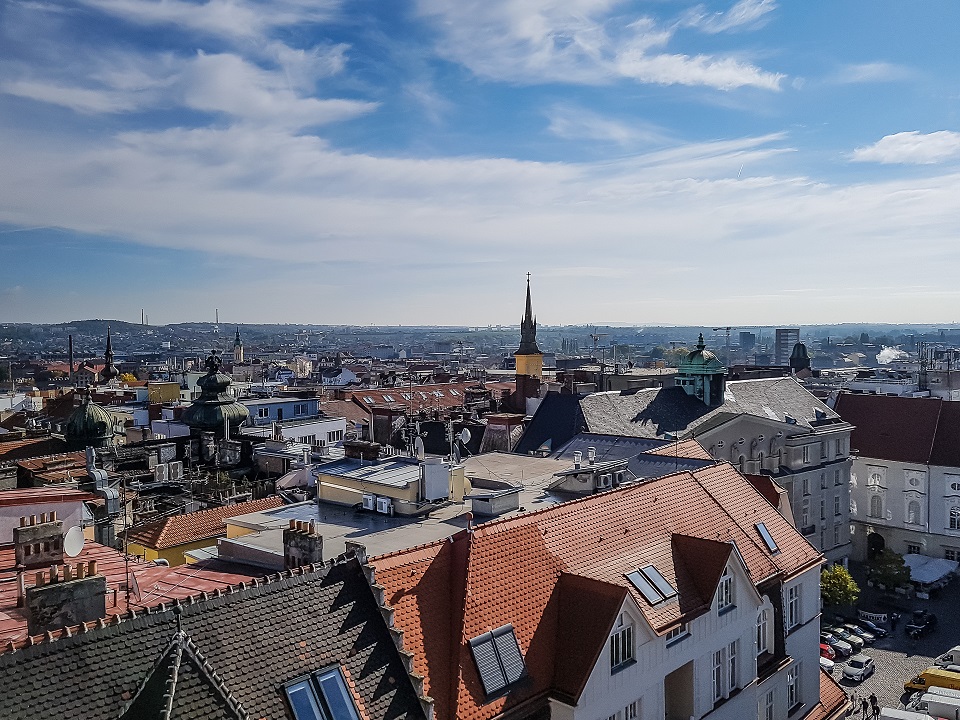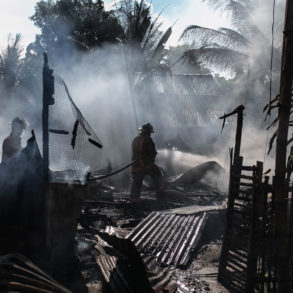The City of Brno has decided to establish an “active, timely and preventive approach to the integration of foreigners,” reads the city’s official website. Brno has launched a project called “Intercultural Workers”, that will assist foreign nationals in communicating with public authorities. Leaflets about this project in several languages are currently being distributed in places where communities gather, and in public institutions such as schools, kindergartens, and offices. Photo credit: Casadei Graphics.
Brno, Jul 19 (BD) – Launched in 2017, the aim of the project is to make communication easier for both sides. Foreign nationals can contact Intercultural Workers for advice, interpretation, or explanation of rights and duties. Likewise, employees of public institutions can ask Intercultural Workers for help.
In Brno, there are currently four Intercultural Workers working with the largest foreign national groups as reported by the Ministry of Internal Affairs, who speak Ukrainian and Russian, Vietnamese, Arabic, and Romanian. These languages were selected primarily on the basis of the data from the Ministry on the number of foreigners living in Brno and the level of risk of possible social exclusion.
For English-speaking foreign nationals, Brno Expat Centre, a joint initiative of the NGO Brnopolis and the City of Brno Strategy Office, has been providing free consultation and assistance, including communication with the public offices in Brno, since 2010.
“Migration policy is managed by the state, but cities have a duty to seek ways to actively promote safe, conflict-free coexistence, remove obstacles to integration, and increase the quality of life for all inhabitants,” explains the official website of the City of Brno. According to data from the European Social Fund in the Czech Republic (ESFCR), the European Union sponsored the Intercultural Workers project with nearly 7.5 million CZK, and the Czech government contributed another 750,000 CZK. Another 300,000 CZK was earmarked for the project from the city’s budget.
Thanks to the project, the City of Brno also expects savings for the public budget; better communication with authorities will increase the ability of foreigners to pay for medical care, and an increase in legal employment of foreigners is expected, resulting in greater income from social and health insurance and tax collection, according to the City of Brno’s official website.
According to data from the Czech Ministry of Internal Affairs, which monitored the growth of the foreign population from December 2017 to March 2018, Brno was either a temporary or permanent home to 30,284 non-Czech nationals from 148 countries. According to the latest statistics from the Labor Office from the end of May, a total of 55,000 foreigners are currently legally employed in the South Moravian region. Most of the foreigners come from the European Union, the European Economic Area, and Switzerland, over 35,000 people, of which 25,600 are citizens of Slovakia, the Labor Office reports.
Get the news first! Subscribe to our daily newsletter here. Top stories of the day in your mailbox every morning.








